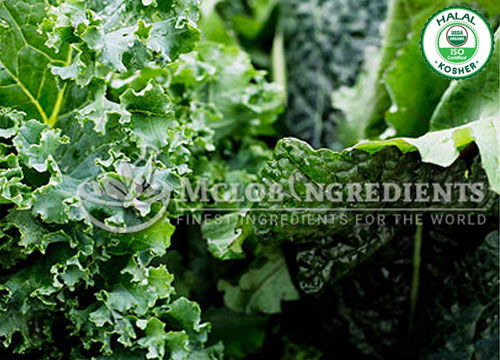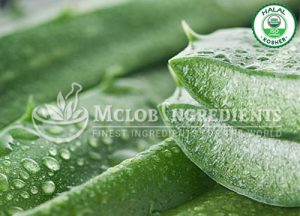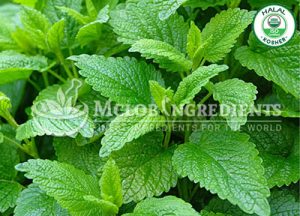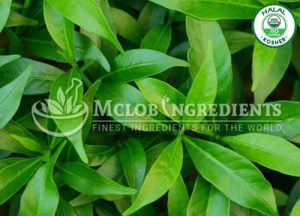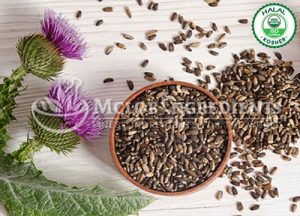It is also called Borecole which is a cabbage-like cultivated plant having curled and wrinkled leaves that use as a vegetable. Kale is a nutrition superstar because it contains amounts of vitamins A, K, B6, and C, calcium, potassium, copper, and manganese. One cup of raw kale has 33 calories and 7 grams of carbohydrate only. So, it is very diabetes-friendly. Refrigerate in a plastic bag and do not wash until ready to use to maximize the shelf life of raw kale. Raw kale will usually keep well for about 5 to 7 days in the refrigerator when properly stored. Antioxidants are present in kale, which promotes general health and well-being.
Benefits:
- It contains vitamin A which is important for eye and bone health. and a strong immune system.
- It contains Vitamin C which is helpful to prevent cold and chronic disease.
- It contains Vitamin K which is useful for blood clotting and bone Building.
- It contains Vitamin B Folate that’s a key for brain development.
- It may protect against cancer.
- It contains powerful antioxidants that are Quercetin and Kaempferol that help to remove unwanted toxins.
Side effect:
- Kale can cause bloating in people who have difficulty digesting FODMAPs. Some people also experience gastrointestinal distress from cruciferous vegetables if they have a C. diff infection.
- Kale is high in an antinutrient which is a plant compound that lowers the ability to absorb nutrients. Oxalic acid is associated with which is increased chance of kidney stones.
- Kale is in the cruciferous vegetable family sometimes it may develop an allergy.
Dosing:
The appropriate dose of kale depends on several factors that are age, health, and several other conditions. Nowadays there is not enough scientific information to determine an appropriate range of doses for kale so it also reminded us that all-natural occurring substances are not safe.
Precaution:
- Avoid Kale who suffers from kidney stone problems.
- Don’t overdose.
- Avoid it in pregnancy and breastfeeding women due to not enough information about the safety of eating kale in medical amounts.
Interaction with medicine :
Vitamin K plays a vital role in helping the blood to clot whenever necessary. When they interfere with blood warfarin causes thinning of the blood, So Avoid its interaction.
Reference:
Oxford, Wikipedia, Book of health benefits of kale, etc.



